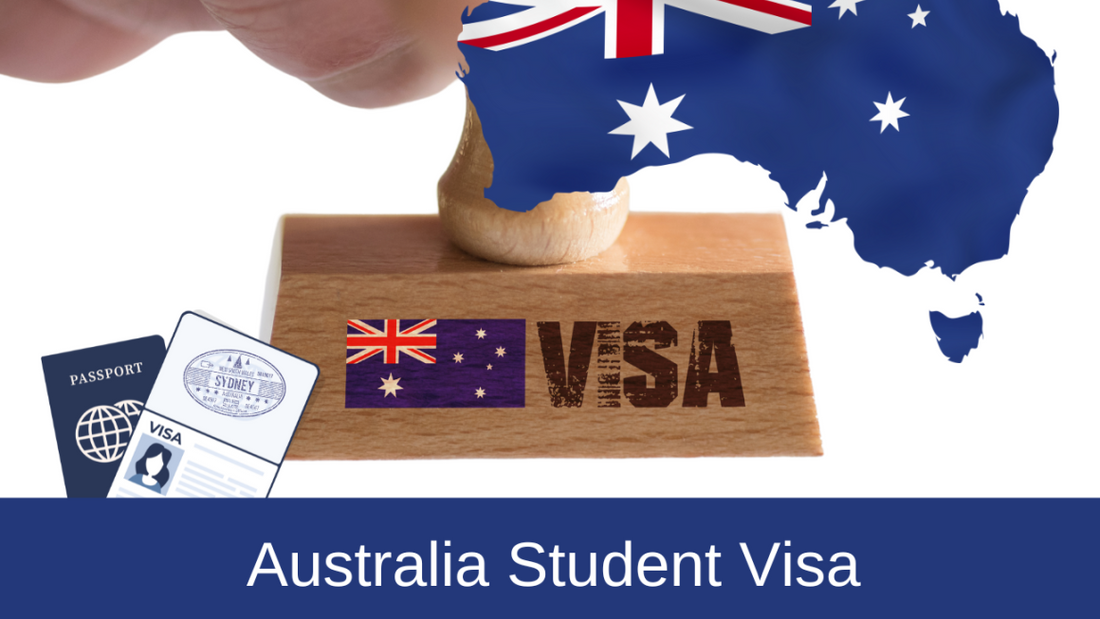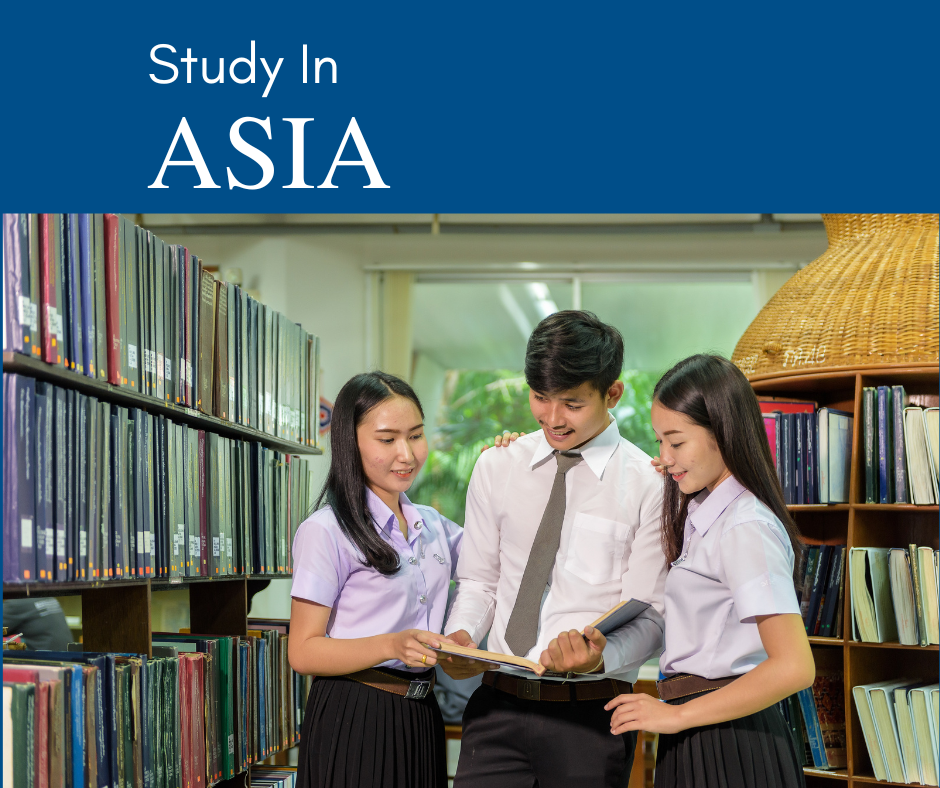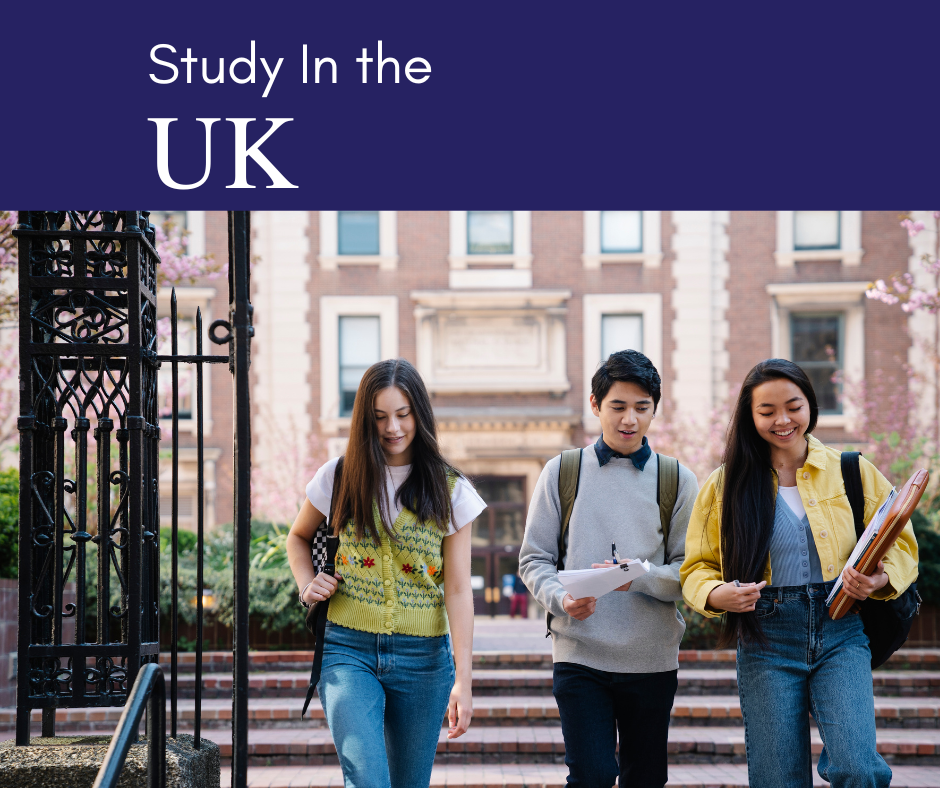
Australia Raises International Student Intake — Smart Growth or Risky Gamble?
Share
The Policy Shift
Australia has announced a new planning level of 295,000 international students for 2026, a lift from recent years. But unlike past expansion, this time the government is linking growth to housing supply and provider responsibilities.
Australia’s Intake at a Glance
| Year | Planning Level | Key Notes |
|---|---|---|
| 2023 | ~255,000 | Pandemic recovery phase |
| 2024 | ~270,000 | Strong rebound, housing strain visible |
| 2025 | ~280,000 | New provider rules introduced |
| 2026 | 295,000 | Housing-linked accountability |
(Source: Australian government announcements, 2025)
Why This Matters
International students are a cornerstone of Australia’s economy—worth billions in tuition, jobs, and regional development. But rapid growth has previously sparked housing crises, overcrowding, and political backlash.
By linking numbers to infrastructure, Canberra hopes to ensure that growth is sustainable. Providers will have to prove they can support students with accommodation, welfare, and academic services.
Global Comparisons
-
UK: Cutting dependants, raising compliance thresholds, debating levies.
-
U.S.: Visa slumps and policy uncertainty.
-
New Zealand: Expanding work rights (25 hours/week).
Australia, by contrast, looks both pro-growth and responsible. That combination makes it a strong competitor in 2026 and beyond.
Risks Ahead
-
Execution gap: Will providers actually deliver the promised housing?
-
Cost pressures: If tuition rises alongside rents, affordability could still deter students.
-
Regional imbalance: Sydney and Melbourne risk being oversaturated while smaller cities struggle to attract.
Conclusion
Australia’s 2026 plan is bold, but sensible: grow numbers while holding institutions accountable. If executed well, it could become a model for balancing scale with quality. If not, it risks repeating past mistakes—overcrowding, political pushback, and reputational damage.










